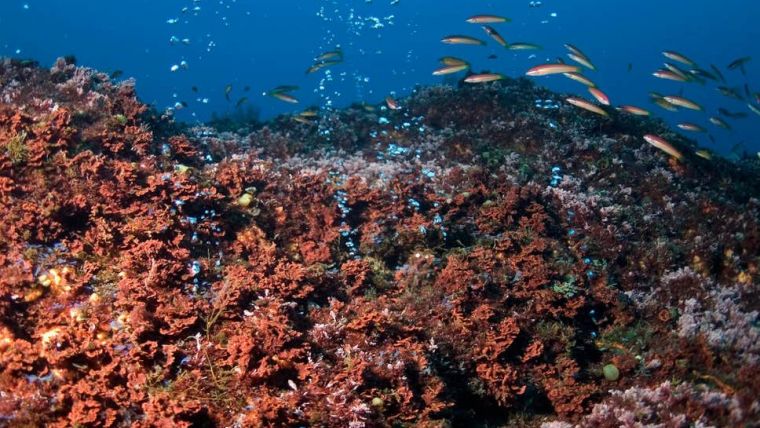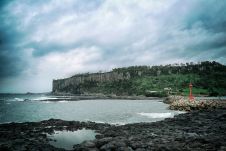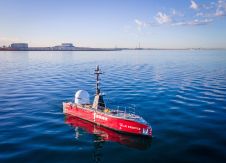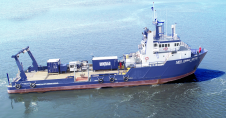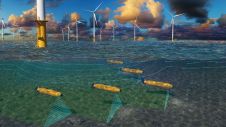Large Ocean Floor Area Set to be Industrially Mined
Irreversible harm to some of the planet’s most crucial ecosystems could be caused if an area of the ocean floor five times the size of the UK is mined, according to a Greenpeace report. The United Nations (UN) has issued 29 exploration licences for companies to deep-sea mine rare metals such as cobalt that will be used in batteries as the 'green economy' grows.
This 'new industrial frontier' could also result in vast amounts of carbon stored in the ocean floor being released, which could jeopardise attempts to reduce emissions, the report stated. Although commercial deep sea mining has not yet begun, exploration licences have been granted to countries including the UK, France, Germany, China, Korea and Russia. Without proper governance, mining could remove entire habitats and species and release toxins in areas that have been undisturbed for millennia, Greenpeace says.
Largest Ecosystem on the Planet
“The health of our oceans is closely linked to our own survival. Unless we act now to protect them, deep-sea mining could have devastating consequences for marine life and humankind,” says Louisa Casson, of Greenpeace’s Protect the Oceans campaign. “The deep-sea is the largest ecosystem on the planet and home to unique creatures that we barely understand. This greedy industry could destroy wonders of the deep ocean before we even have a chance to study them.” To date, around only 0.0001% of the deep seafloor has been explored or sampled by scientists.
For more information, visit www.greenpeace.org.

Value staying current with hydrography?
Stay on the map with our expertly curated newsletters.
We provide educational insights, industry updates, and inspiring stories from the world of hydrography to help you learn, grow, and navigate your field with confidence. Don't miss out - subscribe today and ensure you're always informed, educated, and inspired by the latest in hydrographic technology and research.
Choose your newsletter(s)
